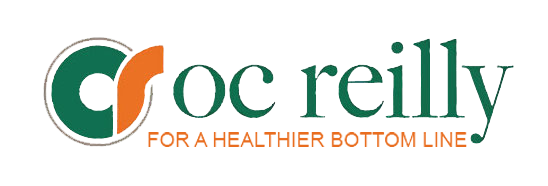OC Reilly Blog: No Stone Left Unturned
By Bill O’Connor, President and CEO, OC Reilly Inc.
By no means are the upheavals in health care – wrought by the Affordable Care Act, changes in insurance practices, and many other factors – anywhere near over, or close to being settled. But some new facts of life have started to come into sharper focus.
And they point to a stark reality. The economics of health care have only become more challenging, more ruthless, more competitive.
In just one of a number of examples, Temple University Health System in Philadelphia, as reported in the Sept. 29, 2014, edition of Modern Healthcare, has lost millions in annual revenue from its day-to-day operations, resulting from lower-than-expected volumes and significant numbers of Medicare and Medicaid patients.
Yet a key to alleviating, or lessening, such losses can also be found in the Temple story. Temple, the article explains, continues to lose money in its “day-to-day” operations. In today’s economic environment, any health system or hospital that does not take advantage of every conceivable tool to operate with greater cost-efficiency in its day-to-day operations – the costs that it can most easily and directly control, in other words – can be headed for trouble.
Supply-chain contracts, inventory management, and effective resource deployment across the full spectrum of health care operations – from high-end medical equipment, to routine nursing supplies, to fresh produce in the cafeteria – offer ways to improve cost-efficiency while maintaining quality care.
Health care administrators face a harsh economic reality today. The ground has shifted beneath their feet. Within such a framework, no stone can be left unturned. Effective supply-chain management can be one of the easiest stones to flip, revealing some meaningful and easy-to-realize savings.
